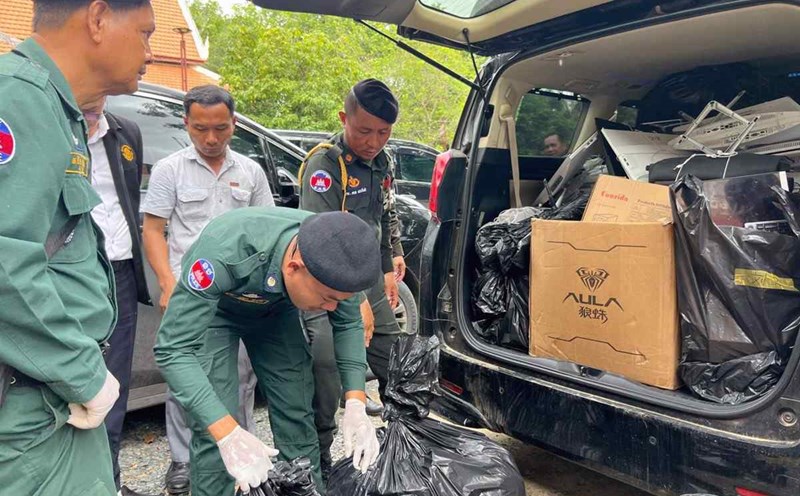First of all, the State management agency plays a key role. They are a legal "shield" and orientation for the whole society. In reality, cases of spreading fake news can only be completely stopped when there is a strong participation of the police and specialized agencies. The Law on Cyber Security and decrees on penalties for spreading false information are tools for deterrence.
However, the law alone is not enough, but timely communication orientation is also needed. When an incident occurs, official information from the authorities, if published quickly and clearly, will significantly reduce the "backbone" of fake news.
In addition, investing in improving monitoring capacity, applying artificial intelligence to detect fake news on social networks early is also a direction that needs to be promoted.
If the management agency is a "shield", then the enterprise is a "frontline soldier". When a brand is attacked by fake news, the damage is not only reputation but also revenue, stocks, and customer trust. Therefore, the responsibility of businesses is to proactively defend and react quickly. An official fanpage, a professionally updated communication system will become a "oresign source" for customers to trust. When a crisis occurs, businesses need to immediately provide authentic evidence, send transparent press releases, and coordinate with authorities to handle it.
reality has proven that quick, proactive reactions can determine the brand's survival. Businesses also need to invest in crisis management teams, applying social network monitoring technology to promptly detect and prevent misinformation. And most importantly, transparency in production and business activities - from financial reports to product quality - is the most sustainable "shield" against all false information.
In this war, the people also play an irreplaceable role. People are both "victims" and can accidentally become "workers" spreading fake news. The responsibility of citizens in the digital age is to become "smart users".
Each individual needs to practice digital skills, know how to verify information sources before sharing, especially in the context of AI technology that can create fake voices and images as real. Moreover, the law has clearly stipulated that spreading false information is a strictly prohibited act and can be severely punished. Legal awareness needs to go hand in hand with online culture - where each person only spreads the right thing, contributing to building a civilized and safe digital space. When encountering signs of fake news or false information, instead of helping to spread, people can report to the authorities or share official information to protect the truth.
To fight fake news, we need a three-way alliance. The State must perfect the law, orient communication and strictly handle it. Enterprises are transparent, respond quickly, and proactively defend themselves. People are alert, civilized, and do not support the untruth. Only when these three forces act together can we create a healthy - safe - reliable digital environment.
This is not only the task of protecting each enterprise and individual, but also the task of protecting social trust - a fundamental factor for the sustainable development of the country.










